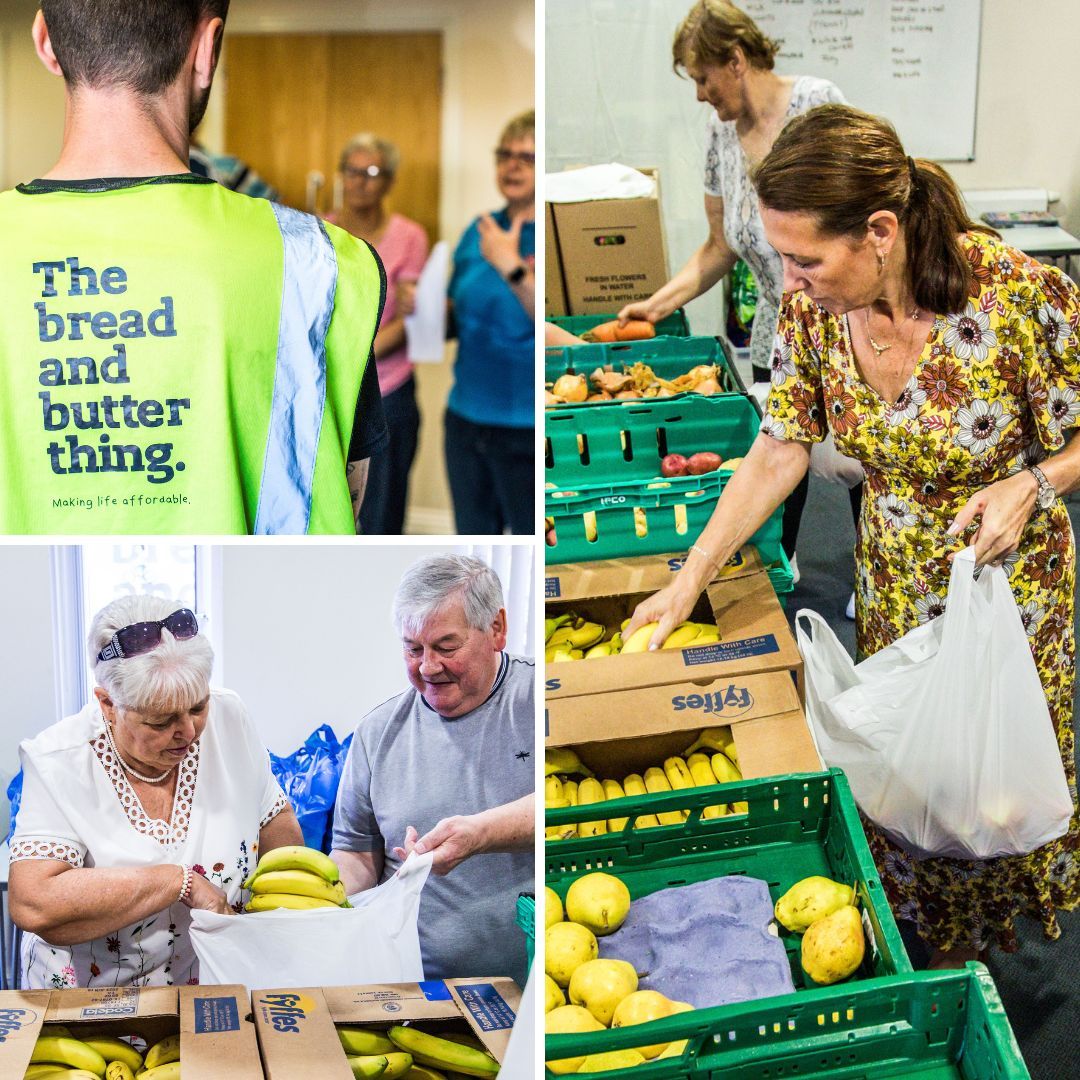Children Lead Water Conservation Efforts in India
Bengaluru, a bustling Indian megacity, experiences scorching summers where water conservation is crucial. However, one individual’s initiative within the school system has had a significant impact, conserving millions of gallons of water this year alone.
Dr. Hariharan Chandrashekhar, an environmentalist, initiated the Rain Reach program in Bengaluru schools in response to a crisis triggered by extensive well digging, which rapidly depleted water supplies for 8.5 million residents and approximately 40 schools in the city.
Targeting students aged 9 to 15, the program aims to instill early awareness about water conservation, fostering lifelong habits. Through practical measures such as rainwater collection and storage, monitoring rainfall with rain gauges, and treating wastewater for non-potable uses like irrigation and toilet flushing, the program has saved over 9 million gallons (34 million liters) of water.
Water conservation has emerged as a focal point in both private and public sectors in India. Initiatives like Jal Jeevan, launched nationwide in August 2019, have provided tap water connections to nearly 79 million households, extending access to 56% of rural households across the nation.




